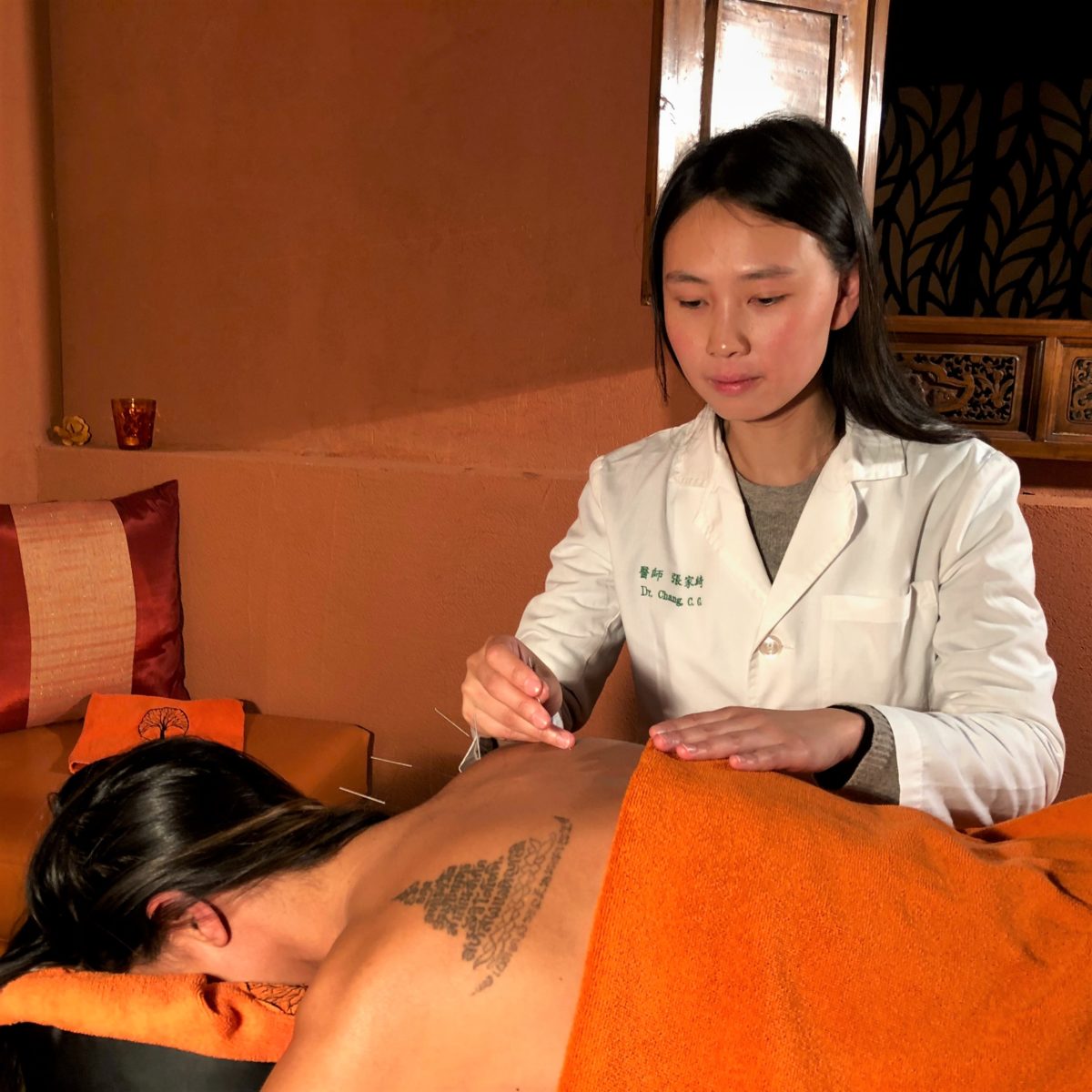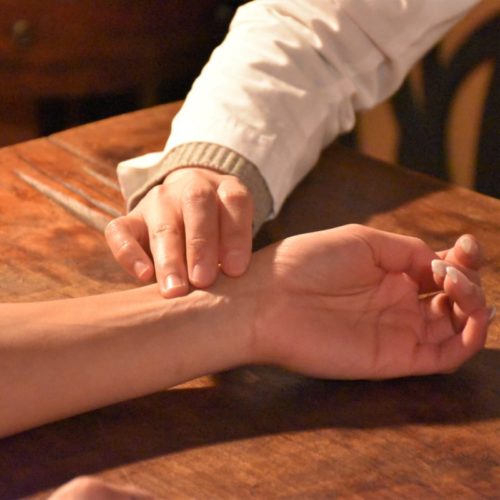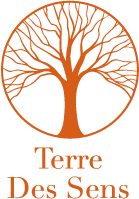
Our goal is to offer our patients an alternative to conventional medicine. This energetic and holistic medicine takes into account the different states of the body and the emotional states of the person.
Acupuncture treatment reactivates the body's immune defenses. It helps it to cope with illnesses, aggressions and imbalances created by our daily life activity. We strive to recreate this emotional, mental and energetic balance and work in a preventive manner.
Important note: do not stop medical treatment in progress. The acupuncture sessions do not replace a medical prescription.
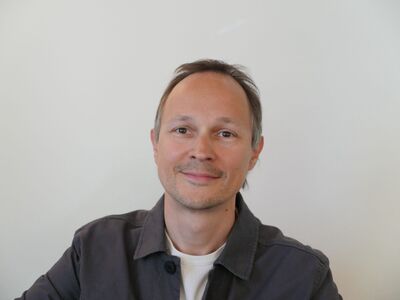
My name is Slava Sviridovs and I'm an independent acupuncturist, trained in England in traditional Chinese medicine. I have been practicing this profession for over 19 years with passion and commitment, providing my patients with attentive listening and a holistic approach to health.
Read the Biography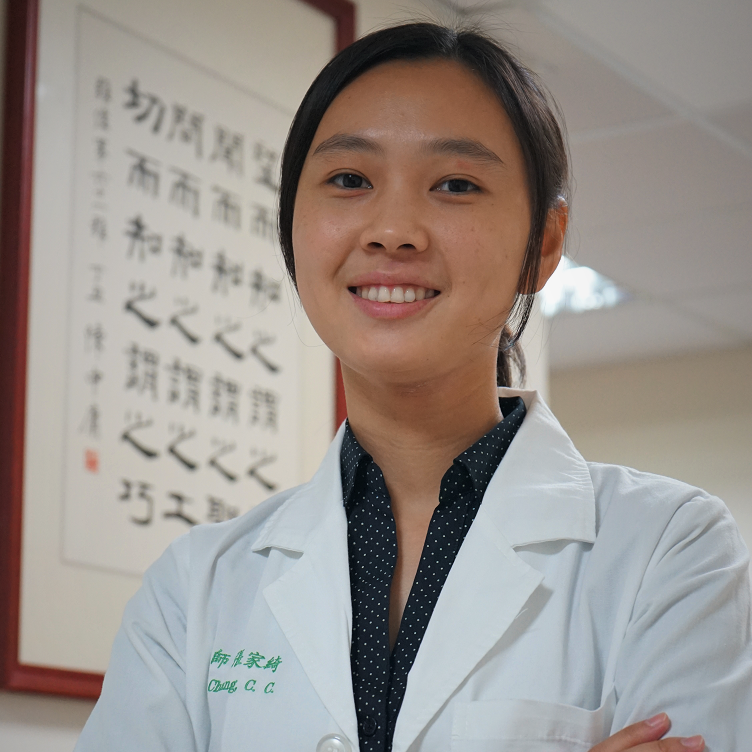
Dr. C. Chang, former Senior Physician and Head of the Acupuncture and Traditional Chinese Medicine Clinic at the CMU University Hospital in Taichung, Taiwan. She received her MD in 2012 after seven years of university training in conventional/allopathic medicine and traditional Chinese medicine.
Dr Chang is currently on maternity leave
Read the BiographyInitial consultation history + acupuncture or Chinese pharmacopoeia prescription
00 - 170.-
Package 4 consultations
40 min - 520.-
Individual consultation (excluding fixed price)
40 min - 140.-
Registered Therapist ASCA - RME - Reimbursement by most supplementary insurance companies. You can contact your insurance company for confirmation of reimbursement (or other wording).
Acupuncture is generally safe if practiced by a qualified therapist. Some people may experience the following effects after acupuncture:
Acupuncture is not recommended, if you suffer from metal allergy, are under anti-coagulation treatment or suffer from hemophilia.
The effectiveness of acupuncture is scientifically proven through numerous studies. In 2003, the World Health Organization (WHO) published a list of 28 indications where the efficacy of acupuncture is superior to placebo. Since then, more than 13,000 studies conducted in 60 countries have shown efficacy in 117 syndromes.
For more information: Click here
Acupuncture needles are very thin and not very painful. The needles used are sterile and 20x thinner than a needle used to draw blood. The diameter of the acupuncture needle is comparable to the diameter of a hair. The sensation of acupuncture is often compared to a mosquito bite with a dull sensation or electric shock. People who are afraid of needles are often treated with acupuncture without any problems. Needles are for single use only.
It is advisable to wear comfortable clothes and underwear. We make available clothes such as shorts and a t-shirt or a straitjacket if you do not want to undress. You will be covered with a sheet of paper during the treatment.
It is difficult to establish a standard number of treatments to treat a condition. The number of treatments needed will depend on the severity of your reason for the visit, its chronicity, your age and your health condition. However, it takes between 3 to 6 treatments to achieve a significant change in an imbalance.
The average time for the initial meeting is about 1 hour 15 minutes. Thereafter, the duration of subsequent treatments varies between 45 minutes and 60 minutes.
No, it is not necessary to have a favourable bias towards this practice in order for it to act effectively. This medicine also works with children who do not necessarily have preconceived ideas in this field.
Acupuncture usually has no negative side effects. However, in rare cases, it is possible that acupuncture treatment, by triggering the body's natural healing mechanisms, may cause a mild inflammatory reaction that usually lasts no more than 24 to 48 hours. Following such a reaction, the intensity of the symptoms for which you consulted tend to decrease significantly.
Currently, Chinese medicine is mostly used when conventional medicine does not provide a solution to our problems. Chinese medicine is very effective for "functional disorders", whereas conventional medicine is better for an organic or biological problem. For example: antibiotic therapy for a bacterial infection, rather than acupuncture treatment.
https://www.medicalnewstoday.com/articles/156488.php
https://www.evidencebasedacupuncture.org/present-research/acupuncture-scientific-evidence/

